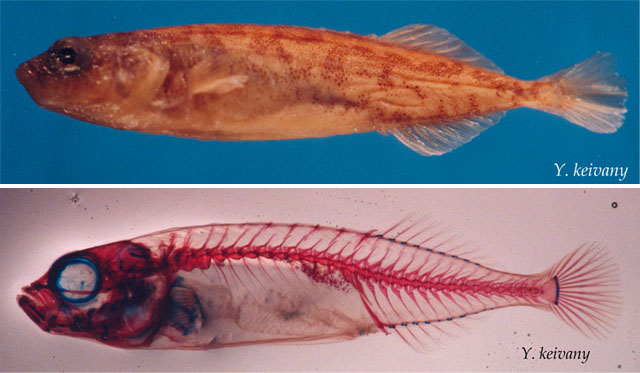| Gasterosteidae (Sticklebacks and tubesnouts) |
| 4.5 cm SL (male/unsexed); max. reported age: 2 years |
|
benthopelagic; freshwater |
| Europe: Greece (lower Sperchios drainage). |
|
Dorsal spines (total): 2-6. Distinguished from congeners in Europe by possessing the following unique characters: dorsal fin with 2-6 spines; and pelvic girdle absent or very reduced. Differs further from other members of the genus by having the following combination of characters: body pale olive with blackish mottling; and absence of keel on side of caudal peduncle (Ref. 59043). |
| Adults inhabit spring-fed streams and ponds, with temperature rarely rising above 20° C and dense vegetation. Feed on small aquatic invertebrates and fish larvae. Spawn in May-June. Males build a nest and guard the eggs until hatching. Threatened due to habitat alteration and water abstraction. Attain a maximum size up to about 4.5 cm SL (Ref. 59043). |
|
Critically Endangered (CR); Date assessed: 11 February 2013 (B1ab(iii)) Ref. (130435)
|
| harmless |
Source and more info: www.fishbase.org. For personal, classroom, and other internal use only. Not for publication.

